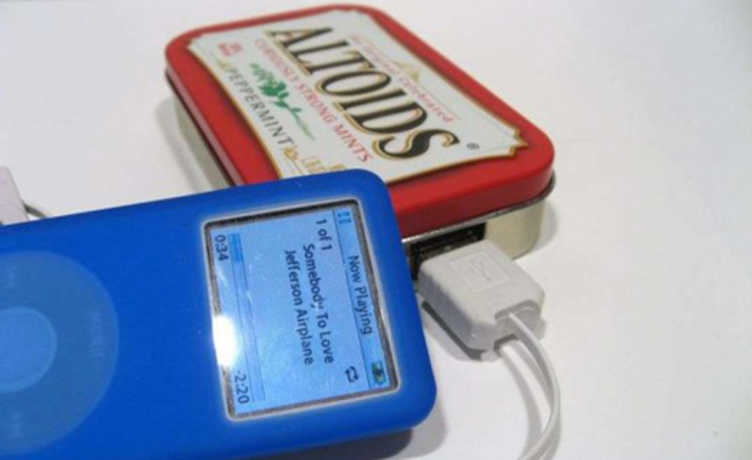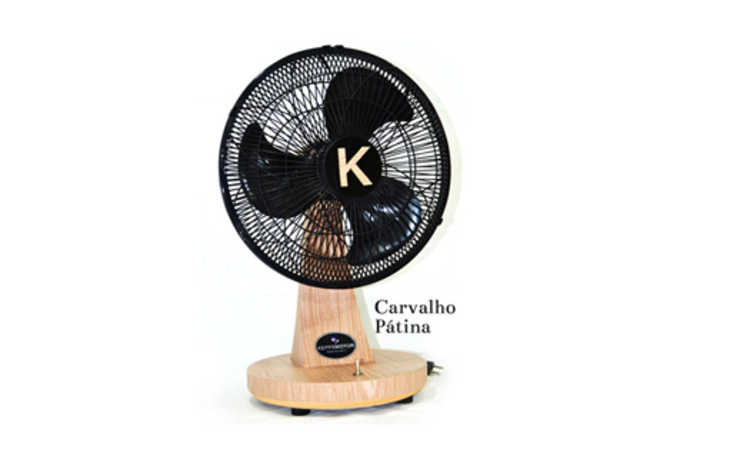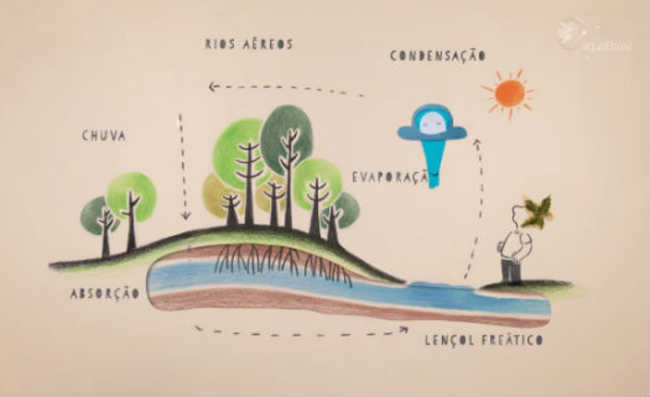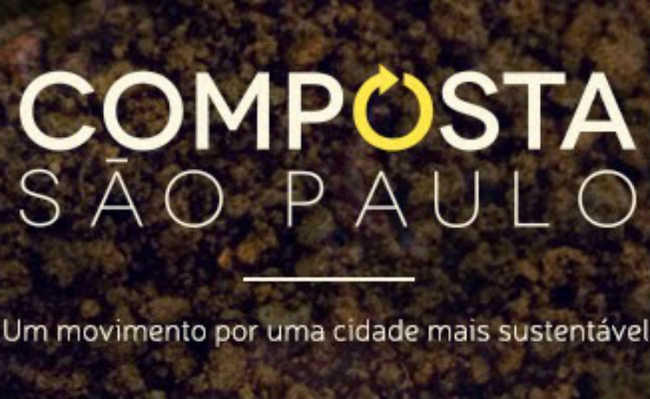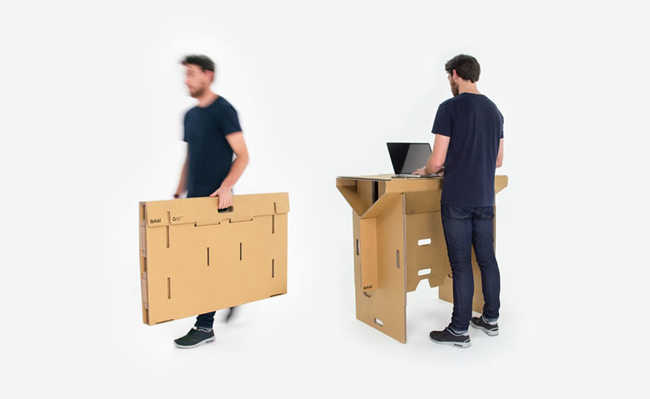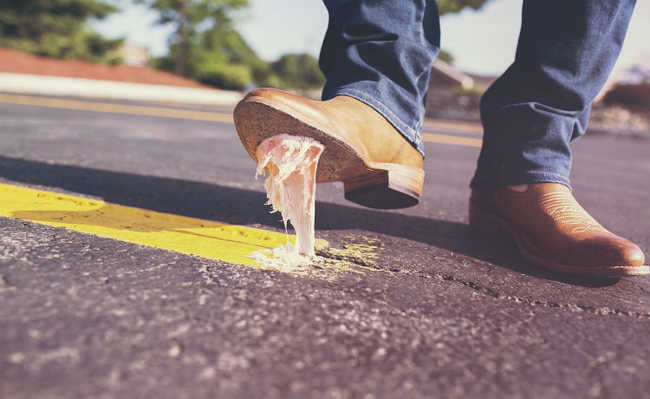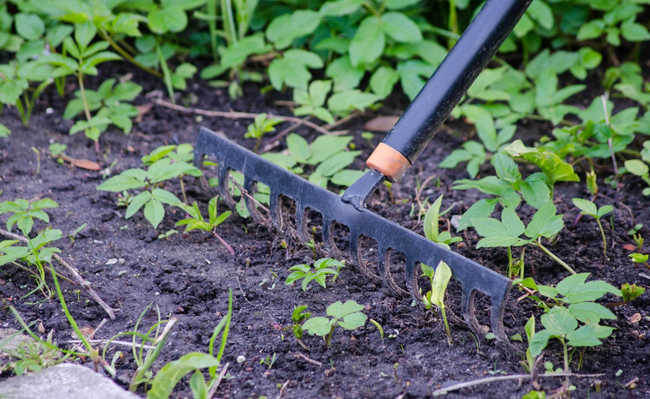Microwave: operation, impacts and disposal
Get to know some of the microwave appliance's little-known properties

The microwave oven is a device that is already part of the routine of millions of consumers because it is very practical in everyday life. But it can put human health at risk when preparing food, in addition to degrading the environment if its disposal is incorrect (just like televisions, there are already generations of microwaves in need of disposal). Understand:
Operation
Despite being used by many, knowing how a microwave works is not always the priority when buying. The basic principle of this type of oven is to transform electrical energy into thermal energy by means of electromagnetic waves (microwaves). To produce waves with the ideal frequency it is necessary a magnetron, which generates the electromagnetic waves and a fan to spread them. The microwave does not provide heat... What happens is that, through the resonance process, the water molecules present in food absorb the electromagnetic waves. The particles' absorption of energy causes them to stir and rub together, producing heat. That's why dishes or containers don't get hot, as there are no water molecules in them (they are only heated by conduction if the food gets too hot). The frequency of a microwave is specific to have a great ability to penetrate the food, also heating it from the inside.
Impacts on everyday use
Since waves are only absorbed by water molecules and our body is made up of approximately 60% water, can we be harmed by electromagnetic radiation? If the microwave is in good condition, the answer is no. The devices are made of materials that prevent the release of radiation from within them. That metal grill on the door glass has smaller holes than microwaves, and the latch on the door prevents the microwave from being open and running at the same time.
Another important aspect is that this type of heating has consequences on food. Using the microwave oven causes the nutrients in the food to be reduced. However, it is not just the benefits that cease. According to Dr. Sérgio Vaisman, a specialist in nutrology and has been dedicated to the practice of preventive medicine for years, changes resulting from heating through the microwave can cause foods such as fiber, fruits and vegetables, which are abundant in antioxidants, to lose a good part of their its properties, fundamental to the work of eliminating part of the free radicals that can damage the DNA of cells and contribute to the prevention of various diseases, including cancer and cardiovascular problems. According to the magazine Pediatrics, the loss of vitamins and nutrients from breast milk due to heating in a microwave oven can affect the baby's immune system.
Heating food in plastic containers that are not specific for this type of oven can release dioxin, a colorless and odorless organic compound that has been proven to be carcinogenic (attested by the National Cancer Institute). To avoid problems, just use tempered glass, porcelain or special microwave-safe containers.
However, operating in a normal way, the microwave does not pose any health risks, it is even a facilitator by saving time in our daily routine. When the oven is turned off, there is no risk of contamination by radiation, as it only emits it when it is working, according to the Technological Research Institute. But be aware of old devices. If there are problems closing the door, hinge, latch or seal, use should be stopped and the device repaired, as radiation can escape.
How to dispose?
When the device is beyond repair, the best way to dispose of it is to send it for recycling. The microwave is made up of various materials such as plastic, glass and metals, which can be separated and recycled. However, the recycling of tempered glass is very difficult to be carried out and few places have such certification; and the recycling of electronic boards, which contain heavy metals such as lead and cadmium, is currently only carried out abroad.
Look for the recycling stations closest to you. If there are no service stations in your region, it is recommended to ask the government for assistance on how to dispose of your microwave oven.
